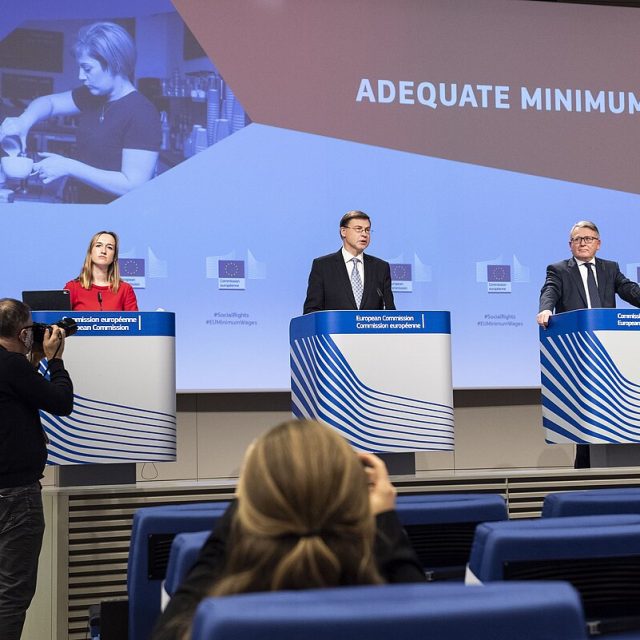Photo by Stock Birken on Unsplash
Some 70 years before Benjamin Franklin borrowed the phrase, English playwright Christopher Bullock in 1789 wrote in his comedy The Cobbler of Preston: “T’is impossible to be sure of anything but Death and Taxes.”. In the UK as in most European countries both certainties can happen together, with tax on inherited wealth levied on the richest.
Inheritance tax (IHT) has been around for centuries. The Romans began the practice, with a levy of 5% on inherited property to help pay military pensions. Earliest death duty in the UK was called probate duty, a tax on personal property introduced in 1694. In 1796 a specific estates tax was brought in to help finance the war with Napoleon. The modern version of IHT is over 100 years old, being established in 1894 to reduce Government debt.
Since then thresholds have been modified and many exemptions allowed.
Which? magazine has reported that in the tax year 2021-22 the UK Treasury collected a record £6.2 billion in IHT, an increase of 14% over the previous year. Thirty years ago the tax raised only just over £1 billion, growing to around £4 billion by 2008 as property prices surged. After the financial crisis and shared tax allowances for couples, receipts reduced to £2.4bn in 2010, but since then they have been growing. According to the Office for Budget Responsibility they are predicted to raise £8.3 billion by 2026 – unless there are tax changes meanwhile.
Currently less than 4% of UK deaths, or around 23,000 people, trigger an IHT charge, and most had property valued at over £1 million: However the most expensive properties use legal exemptions such as Trusts or lifetime gifts and bypass the tax completely.
Conservatives recently have hinted at removing the tax altogether, officially on ‘moral’ grounds because they claim wealth is being taxed twice – once when it is earned during life and later again after death. This is not necessarily true: much of the tax on property is on wealth accrued from rising property prices, especially in London and the South-East, which was never taxed in the first place.
Nonetheless, former Conservative Chancellor George Osborne had said: ” Inheritance Tax was designed to be paid by the very rich.Yet today there are more families pulled into the Inheritance Tax net than ever before – and the number is set to double over the next five years. It’s not fair. ” Why isn’t it?
The Organisation for Economic Co-operation and Development (OECD) says it is. Its 2021 Report on Inheritance Tax in OECD countries noted that IHT can be “an important instrument to address inequality…by reducing wealth concentration and enhancing equality of opportunity”. It also points out that it is cheaper and easier to collect than other taxes on the wealthy, and that the reported wealth of the top 20% of OECD populations is some fifty times the wealth of the bottom 20%.
According to the latest annual Sunday Times Rich List, since Covid the number of billionaires in the UK has grown from 147 in 2020 to 171 in 2023 – compared to just 15 when the Rich List first appeared back in 1990. The richest 250 families in the UK now have a total wealth of £748 billion, an increase of £44 billion over the previous year, yet less than a quarter of the top 100 also appear on the list of paying the most tax.
Is that fair?
In January this year the Resolution Foundation forecast that in 2023-24 absolute low-income households will increase from 17.2% to 18.3% of the population, an extra 800,000 people.
Is that fair?
Two years ago the independent Wealth Tax Commission recommended the UK introduced a one-off 1% wealth tax on households worth more than £1m which they said would generate £260 billion, more than enough to cover a year’s funding of the NHS and social care spending. Norway, Spain and Switzerland have wealth taxes which have helped reduce inequality. Would that not be fair?
Former PM Liz Truss admits she would have abolished inheritance tax if her premiership had not collapsed so quickly. She believes the rich should pay less, which means the poor should pay more. She forgets the task of a ruling party is to rule on behalf of the whole country not just rich loyalist supporters. Prime Minister Rishi Sunak is also considering abolishing or reducing it – another reason why most voters are unimpressed.
Robert Palmer, Director of Tax Justice UK, said: “The growing wealth of those on the rich list highlights the inequality in our tax system, where those who are already wealthy from investments, rent and inheritances are taxed relatively lightly.”
Should not IHT exemptions for the very rich be scrapped? Is the real problem that IHT raises too little tax rather than too much? Would it not be fairer to increase it?




